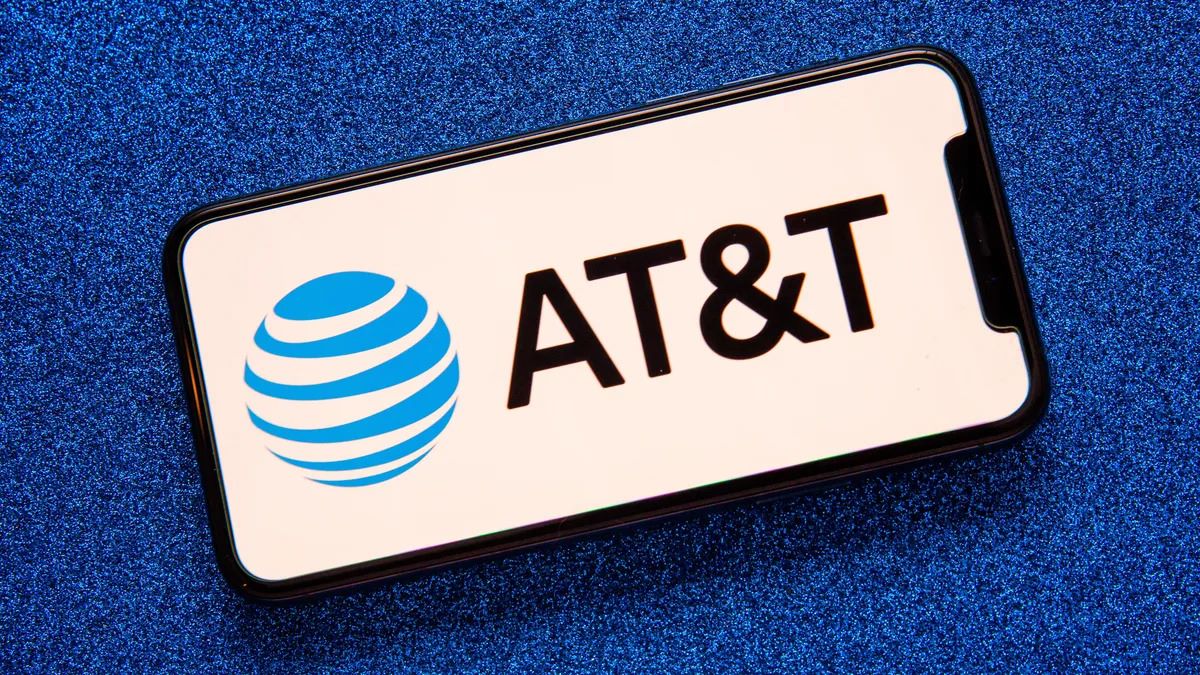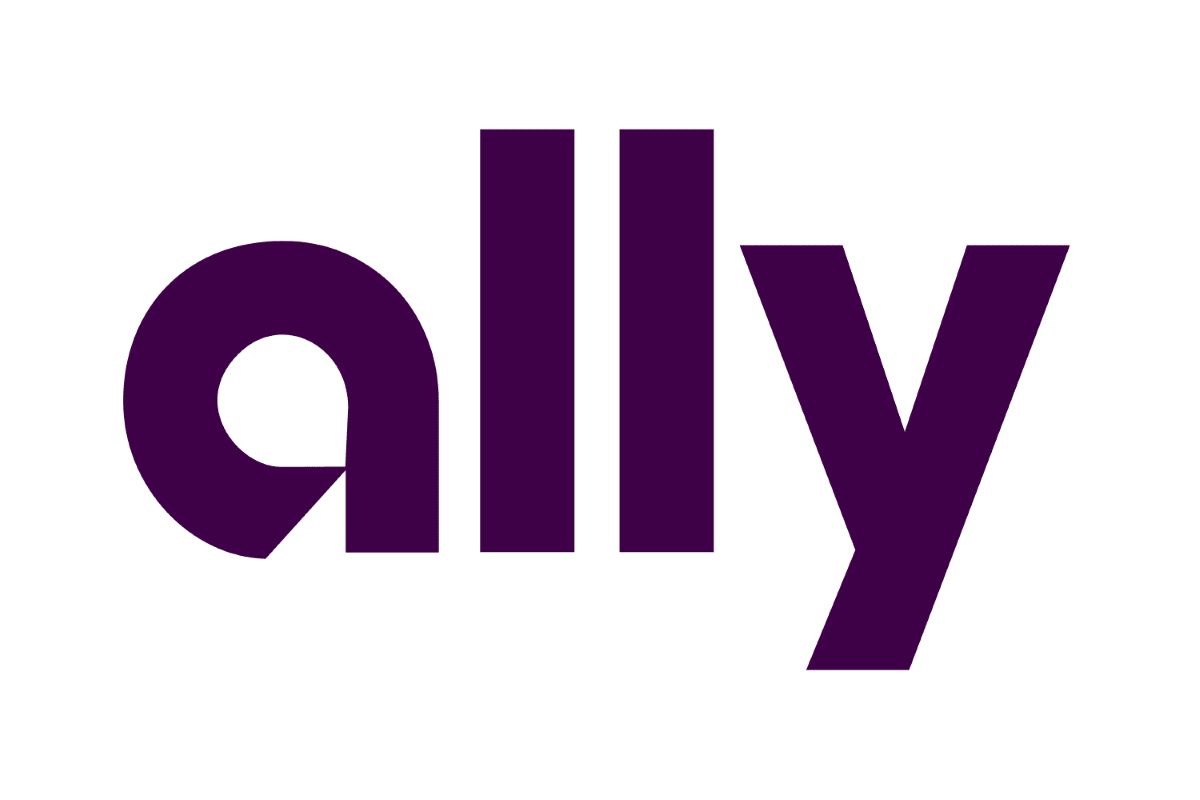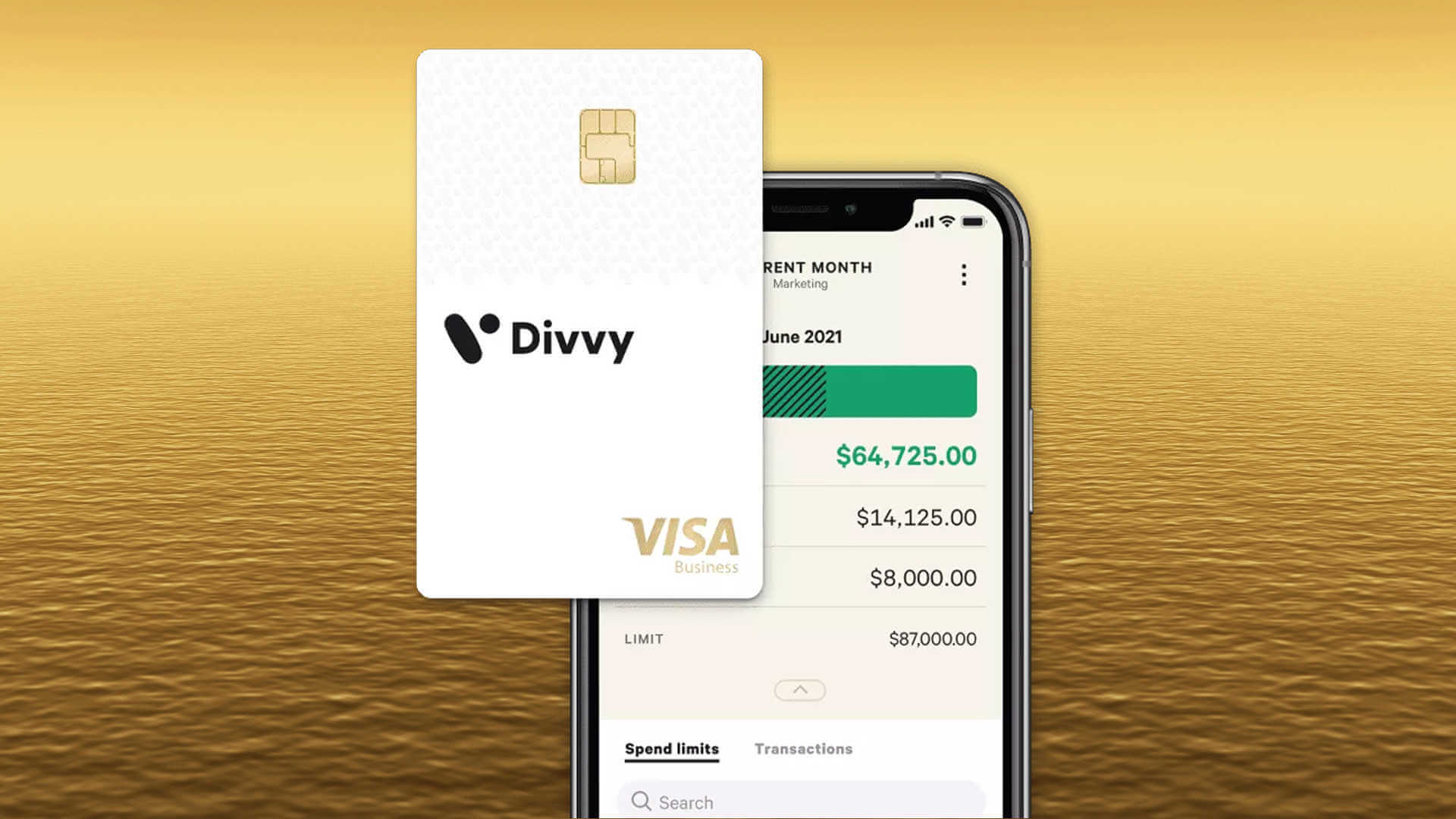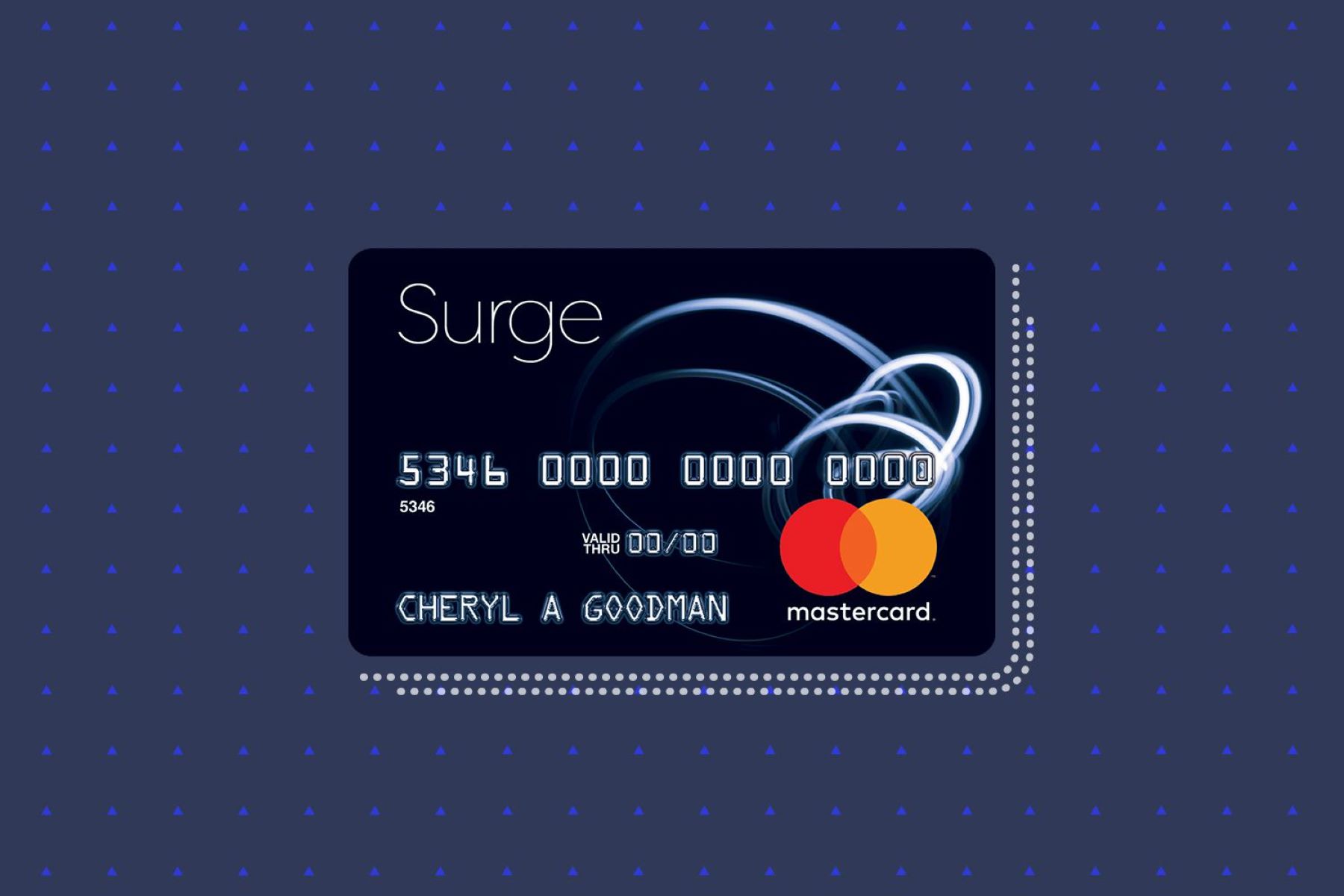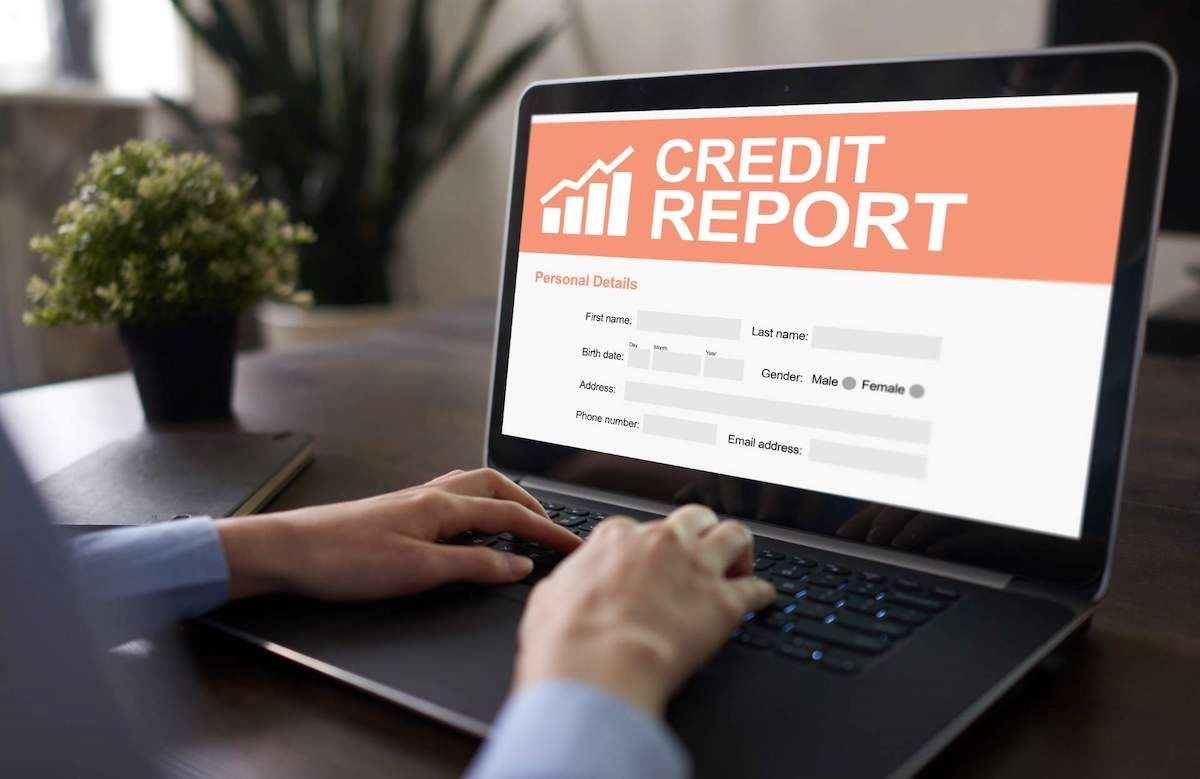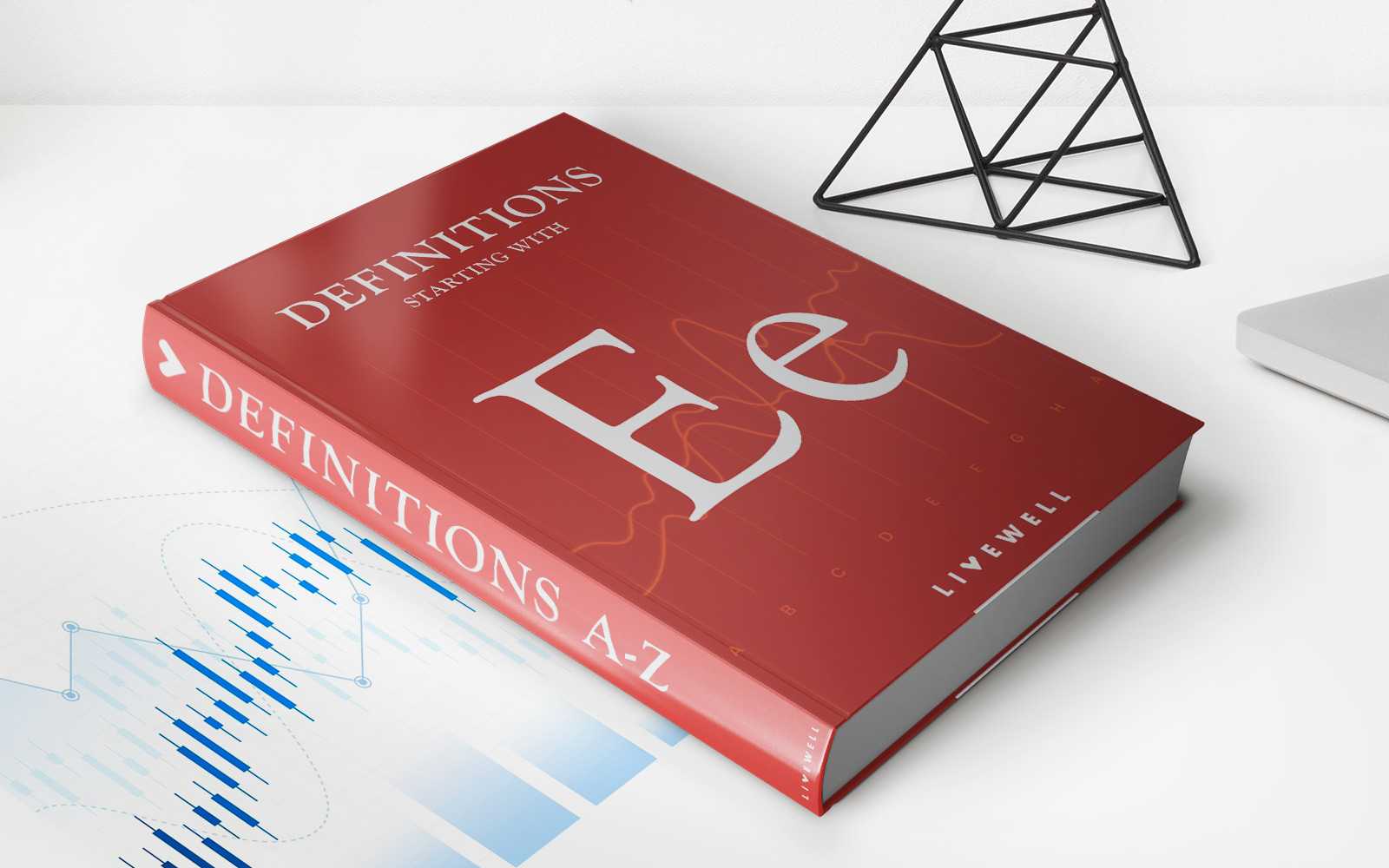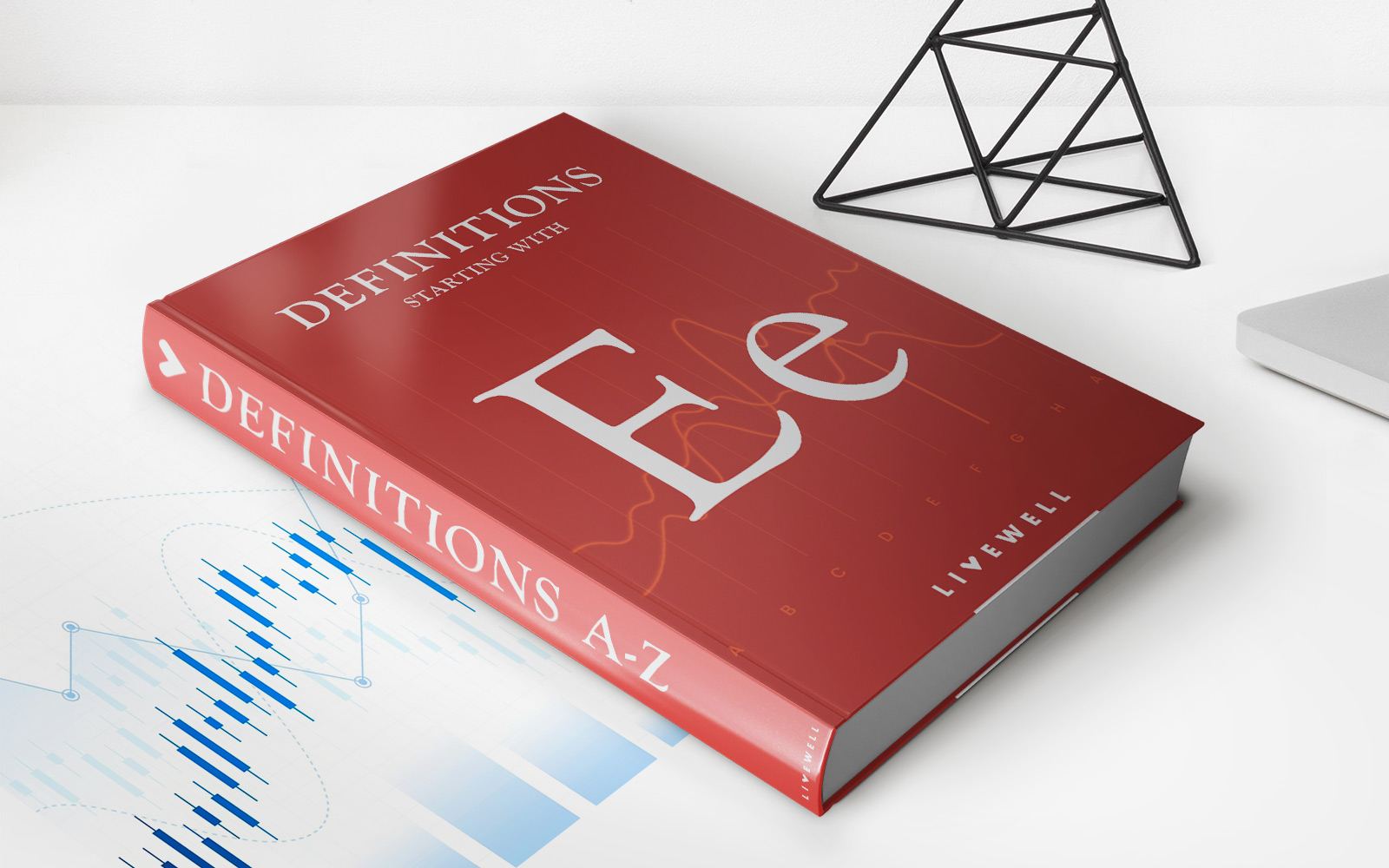

Finance
What Credit Score Do You Need For A Tesla
Modified: March 6, 2024
Wondering what credit score you need to finance a Tesla? Find out the ideal credit score required to secure financing for your dream electric car.
(Many of the links in this article redirect to a specific reviewed product. Your purchase of these products through affiliate links helps to generate commission for LiveWell, at no extra cost. Learn more)
Table of Contents
- Introduction
- What is a Credit Score?
- How Credit Scores are Calculated
- Why Credit Score Matters When Financing a Tesla
- Minimum Credit Score Required to Finance a Tesla
- Factors that Affect Financing Options for a Tesla
- Improving Your Credit Score to Qualify for a Tesla
- Understanding Different Financing Options for a Tesla
- Conclusion
Introduction
When it comes to purchasing a luxury electric vehicle like a Tesla, many factors come into play, including your credit score. Your credit score plays a crucial role in determining your purchasing power and the financing options available to you. But what exactly is a credit score, and why does it matter when financing a Tesla?
A credit score is a three-digit number that represents your creditworthiness and reflects your financial history and behavior. It is a measure of how likely you are to repay your debts and obligations. Lenders, including those providing financing for a Tesla, use your credit score to assess the risk involved in lending you money and to determine the terms and interest rates you qualify for.
Understanding your credit score and its impact on your ability to finance a Tesla is essential. In this article, we will explore the minimum credit score requirement to finance a Tesla, factors that affect financing options, and how you can improve your credit score to qualify for the best terms.
So, if you’ve been dreaming of owning a Tesla but are unsure if your credit score is up to par, keep reading to find out what you need to know to make your dream a reality.
What is a Credit Score?
A credit score is a numerical representation of an individual’s creditworthiness. It is a tool used by lenders, such as banks and financial institutions, to assess the risk of lending money to a particular borrower. Credit scores are calculated based on a variety of factors, including payment history, credit utilization, length of credit history, types of credit used, and new credit applications.
The most widely used credit scoring models are the FICO score and the VantageScore. The FICO score, developed by the Fair Isaac Corporation, is the most commonly used credit scoring model in the United States, with a range from 300 to 850. The VantageScore, created by the three major credit bureaus (Equifax, Experian, and TransUnion), has a score range of 300 to 850 as well.
A high credit score demonstrates responsible financial behavior and indicates to lenders that you are likely to repay your debts on time. This can result in more favorable terms and lower interest rates when seeking financing for a Tesla or any other large purchase.
On the other hand, a low credit score suggests a higher risk of default and may limit your financing options or result in higher interest rates and less favorable terms. It is important to have a good credit score to ensure you have access to the best financing options available.
Now that we understand what a credit score is, let’s take a closer look at how credit scores are calculated.
How Credit Scores are Calculated
Credit scores are calculated using various algorithms that analyze the information in your credit report. While the exact formulas used by credit scoring models are proprietary, the key factors considered when calculating your credit score generally include:
- Payment History: This is the most crucial factor in determining your credit score. It looks at whether you make your payments on time, have any late payments or delinquencies, and if you’ve ever had any accounts sent to collections.
- Credit Utilization: This factor looks at the amount of credit you’re using compared to your total available credit limit. Keeping your credit utilization ratio below 30% is generally recommended.
- Length of Credit History: This factor looks at how long you’ve had credit accounts open. Generally, a longer credit history is seen as more favorable because it provides a track record for lenders to assess your reliability.
- Types of Credit: This factor considers the different types of credit you have, such as credit cards, loans, and mortgages. Having a mix of credit types can positively impact your credit score.
- New Credit Applications: This factor examines how many new credit applications you’ve made recently. Multiple applications within a short period of time can be seen as a risk and may negatively affect your credit score.
Each of these factors is weighted differently depending on the credit scoring model used. For example, payment history and credit utilization tend to carry more weight in determining your credit score.
It’s important to note that credit scores are dynamic and can change over time as your financial behavior and circumstances change. Regularly monitoring your credit report and taking steps to improve your credit habits can help raise your credit score and improve your chances of qualifying for better financing options.
Now that we understand how credit scores are calculated, let’s explore why your credit score matters when financing a Tesla.
Why Credit Score Matters When Financing a Tesla
When it comes to financing a Tesla, your credit score plays a significant role in determining your options and the terms you qualify for. Here’s why your credit score matters:
- Interest Rates: One of the most significant impacts of your credit score on financing a Tesla is the interest rate you’ll be offered. A higher credit score typically translates to a lower interest rate, which can result in significant savings over the life of your loan. On the other hand, a lower credit score may result in higher interest rates, leading to higher monthly payments and increasing the overall cost of financing.
- Loan Approval: Lenders use your credit score to assess the risk of lending you money. A higher credit score signifies a lower risk, making it more likely that lenders will approve your loan application. Conversely, a lower credit score may result in loan denials, limiting your financing options for a Tesla.
- Down Payment Requirements: In some cases, a lower credit score may require a larger down payment when financing a Tesla. Lenders may view a higher down payment as a way to reduce their risk when extending credit to someone with a lower credit score. On the other hand, a higher credit score may enable you to secure financing with a lower down payment requirement.
- Loan Terms: Your credit score can also impact the terms of your loan, such as the duration or repayment period. Higher credit scores often qualify for more favorable terms, including longer loan terms and lower monthly payments. A lower credit score, however, may result in shorter loan terms and higher monthly payments.
Having a good credit score gives you leverage when negotiating with lenders and ensures that you have access to the best financing options available. It’s important to note that while a credit score is a significant factor, it is not the sole factor considered by lenders. They may also take into account your income, employment history, and overall financial stability.
Now that we understand why your credit score matters when financing a Tesla, let’s explore the minimum credit score required to finance a Tesla.
Minimum Credit Score Required to Finance a Tesla
The minimum credit score required to finance a Tesla can vary depending on several factors, including the lenders’ guidelines and the specific financing program you are applying for. While Tesla does not publicly disclose its specific credit score requirements, it is generally recommended to have a good or excellent credit score to increase your chances of approval.
In general, a credit score of 700 or above is considered good, and a score above 750 is considered excellent. Having a score in this range will likely give you access to more favorable financing options, such as lower interest rates and more flexible loan terms when applying for Tesla financing.
However, it’s important to note that the credit score requirement may vary for each lender or financial institution. Some lenders may be more lenient with their credit score requirements, while others may have stricter guidelines. It’s always a good idea to research and compare different lenders and their credit score requirements to find the option that best suits your financial situation.
It’s worth mentioning that even if your credit score falls below the recommended range, you may still be able to secure financing for a Tesla. However, you may face higher interest rates and less favorable loan terms. In such cases, it may be beneficial to work on improving your credit score before applying for financing to increase your chances of getting the best possible terms.
Remember, your credit score is just one factor that lenders consider when assessing your loan application. Other factors, such as your income, employment history, and debt-to-income ratio, also play a role. So, even if your credit score is slightly below the recommended range, a strong overall financial profile can still increase your chances of obtaining financing for a Tesla.
Now that we have discussed the minimum credit score requirements, let’s delve into the factors that can affect your financing options for a Tesla.
Factors that Affect Financing Options for a Tesla
When it comes to financing a Tesla, several factors can affect the financing options available to you. These factors go beyond just your credit score and can play a significant role in determining the terms, interest rates, and eligibility for financing. Here are some key factors to consider:
- Credit Score: As mentioned earlier, your credit score is an essential factor that can impact your financing options. A higher credit score generally allows for more favorable interest rates and loan terms. However, even if your credit score is lower, you may still be able to secure financing, although it may come with higher interest rates and less favorable terms.
- Income and Employment: Lenders want to ensure that you have the financial capability to repay the loan. Your income and employment history play a crucial role in determining your eligibility for financing. Having a stable job and a steady income can increase your chances of obtaining financing with better terms.
- Debt-to-Income Ratio: Lenders also evaluate your debt-to-income ratio, which is the percentage of your monthly income that goes towards debt payments. A lower debt-to-income ratio indicates that you have a lower financial obligation and a higher ability to handle additional debt, making you a more attractive candidate for financing.
- Down Payment: The amount of money you’re willing and able to put down as a down payment for a Tesla can impact your financing options. A larger down payment can reduce the loan amount, potentially leading to better loan terms and lower monthly payments.
- Trade-In Value: If you plan on trading in your current vehicle when purchasing a Tesla, its trade-in value can affect your financing options. A higher trade-in value can decrease the loan amount and potentially impact your loan terms.
- Loan Term and Loan Amount: The duration of the loan term and the loan amount you are seeking can also impact your financing options. In some cases, longer loan terms may result in higher interest rates, whereas smaller loan amounts may have different eligibility requirements or available financing options.
It’s important to note that each lender or financial institution may have its own criteria and guidelines when evaluating these factors. Therefore, it’s recommended to research and compare different lenders to find the financing option that best aligns with your financial situation.
Understanding the factors that can influence your financing options for a Tesla allows you to make informed decisions and potentially improve your chances of securing more favorable terms. Now, let’s explore ways to improve your credit score to qualify for a Tesla.
Improving Your Credit Score to Qualify for a Tesla
If your credit score is not currently in the range needed to secure favorable financing for a Tesla, don’t worry. There are several steps you can take to improve your credit score and increase your chances of qualifying for better terms. Consider the following strategies:
- Pay Your Bills on Time: Consistently making your credit card payments, loan installments, and other bills on time is one of the most effective ways to improve your credit score. Late payments can have a negative impact on your credit score, so be diligent about meeting deadlines and setting up automated payments.
- Lower Your Credit Utilization: Try to keep your credit card balances below 30% of your available credit limit. High credit utilization can indicate financial stress and negatively impact your credit score. Pay down your balances and consider requesting a credit limit increase to improve your credit utilization ratio.
- Build a Positive Credit History: Length of credit history is an important factor in your credit score. If you have a limited credit history, consider opening a new credit card or becoming an authorized user on someone else’s account to start building a positive credit history. Keep in mind that responsible credit usage and timely payments are crucial.
- Monitor Your Credit Report: Regularly review your credit report to catch any errors or fraudulent activity that could be impacting your credit score. If you identify any inaccuracies, dispute them with the credit bureaus to have them corrected and potentially boost your score.
- Manage Your Debt: Reduce and manage your existing debt responsibly. Creating a plan to pay off outstanding debts, such as credit card balances or personal loans, can have a positive impact on your credit score over time. Consider focusing on paying off high-interest debts first while making minimum payments on other accounts.
- Avoid Opening Multiple New Accounts: While it’s important to have a diverse credit mix, opening multiple new accounts within a short period can temporarily lower your credit score. Be selective when applying for new credit and aim to space out applications to avoid potential negative impacts.
Improving your credit score is a gradual process that requires discipline and patience. It’s important to be consistent with these strategies and maintain good financial habits over time. As your credit score improves, your chances of qualifying for better financing options for a Tesla will increase.
Keep in mind that the time it takes to see significant improvements in your credit score may vary depending on your individual circumstances. It’s important to start working on improving your credit as early as possible to ensure you have sufficient time to raise your score before seeking financing for a Tesla.
Now that you have a better understanding of how to improve your credit score, let’s explore the different financing options available for a Tesla.
Understanding Different Financing Options for a Tesla
When it comes to financing a Tesla, there are several options available to meet your specific needs and financial situation. Understanding these different financing options can help you make an informed decision. Here are some common options to consider:
- Tesla Financing: Tesla offers its own financing program through Tesla Finance. This option allows you to finance your Tesla vehicle directly through the company. Tesla Finance offers competitive interest rates and various loan terms. It’s worth noting that the specific eligibility requirements and terms may vary, so it’s important to review the details with a Tesla representative.
- Traditional Auto Loans: You can also choose to finance your Tesla through traditional auto loan lenders, such as banks, credit unions, and online lenders. These lenders provide loans specifically for purchasing vehicles and offer a range of terms and interest rates. It’s recommended to shop around and compare offers to find the most favorable terms.
- Leasing: Leasing can be an attractive option if you prefer lower monthly payments and the flexibility to upgrade to a newer model in the future. Tesla offers leasing options for some of its models. With a lease, you essentially rent the vehicle for a specific period, typically two to four years, and return it at the end of the lease term. Lease terms and conditions can vary, so it’s important to understand the terms and mileage restrictions before committing to a lease.
- Home Equity Loans or Lines of Credit: If you own a home, you may consider utilizing a home equity loan or line of credit to finance your Tesla purchase. This option allows you to borrow against the equity in your home and use the funds for any purpose, including purchasing a vehicle. It’s important to carefully consider the risks and benefits associated with leveraging your home equity.
Each financing option has its own advantages and considerations. Factors such as your credit score, desired loan term, down payment, and overall financial situation will impact which option is the most suitable for you. It’s essential to compare interest rates, terms, and any fees associated with each option to make an informed decision.
Before finalizing any financing decision, it’s important to calculate the total cost of ownership, including interest payments and any additional fees, to ensure that the financing option fits within your budget and aligns with your long-term financial goals.
Now that you have a better understanding of different financing options for a Tesla, you can confidently choose the option that best suits your needs. Let’s conclude our article with a summary of the key points discussed.
Conclusion
Financing a Tesla requires careful consideration of your credit score, financial situation, and available options. Your credit score plays a significant role in determining the terms, interest rates, and eligibility for financing. While the minimum credit score required to finance a Tesla may vary, having a good or excellent credit score is generally recommended.
Factors such as income, employment history, debt-to-income ratio, down payment, and trade-in value can also influence your financing options. It’s important to research and compare different lenders to find the option that best aligns with your financial goals and circumstances.
If your credit score is not currently in the desired range, you can work towards improving it by paying your bills on time, reducing credit card balances, building a positive credit history, monitoring your credit report, managing your debt, and avoiding new credit applications.
Once you have an improved credit score, you can explore different financing options for a Tesla, including Tesla Financing, traditional auto loans, leasing, and home equity loans or lines of credit. Each option has its own advantages and considerations, so it’s important to carefully evaluate the terms, interest rates, and fees associated with each option.
By understanding your credit score, improving it if necessary, and exploring the available financing options, you can increase your chances of securing favorable terms and making your dream of owning a Tesla a reality.
Remember, purchasing a Tesla is a significant financial decision, so take the time to evaluate all aspects and ensure it aligns with your overall financial plan. With the right financing option and responsible financial management, you can enjoy the drive in your very own Tesla while making an environmentally conscious choice.

